Vaccination
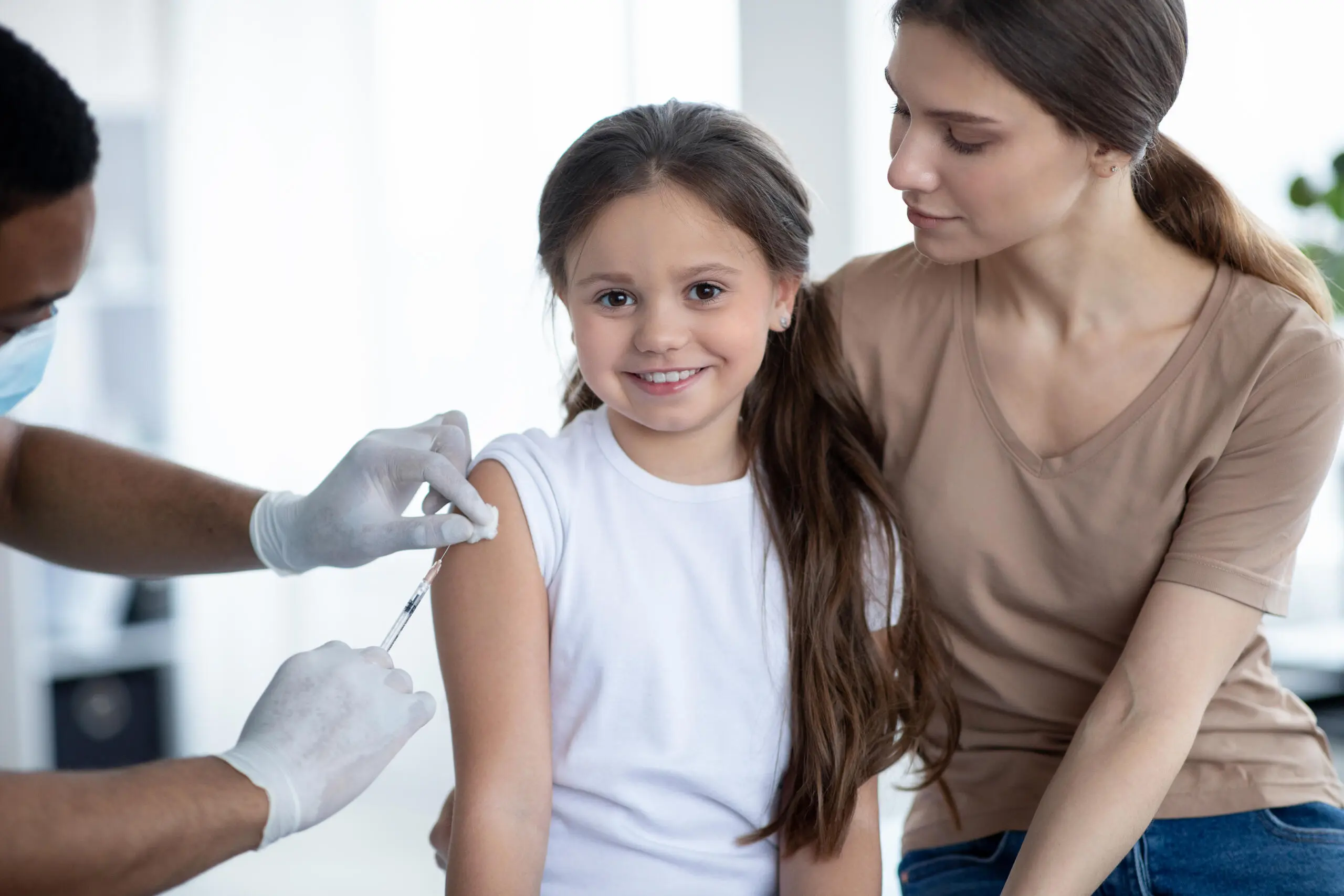
Why Is It Important to Following a Vaccination Schedule?
January 14, 2022As a parent, you want to do everything possible to protect your chil...
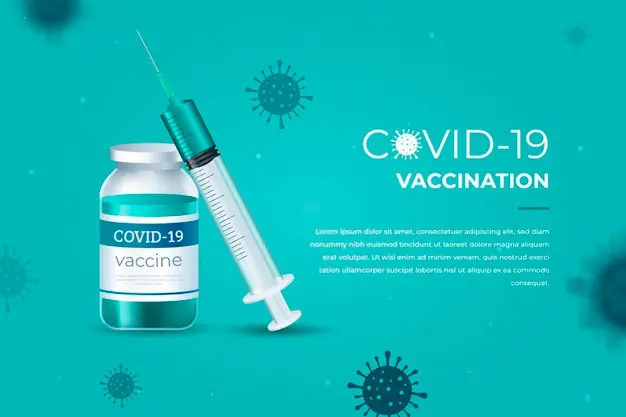
Vaccination Schedule and the Diseases They Protect Against
January 11, 2022Vaccination Schedule – As a parent, you want to do everything ...
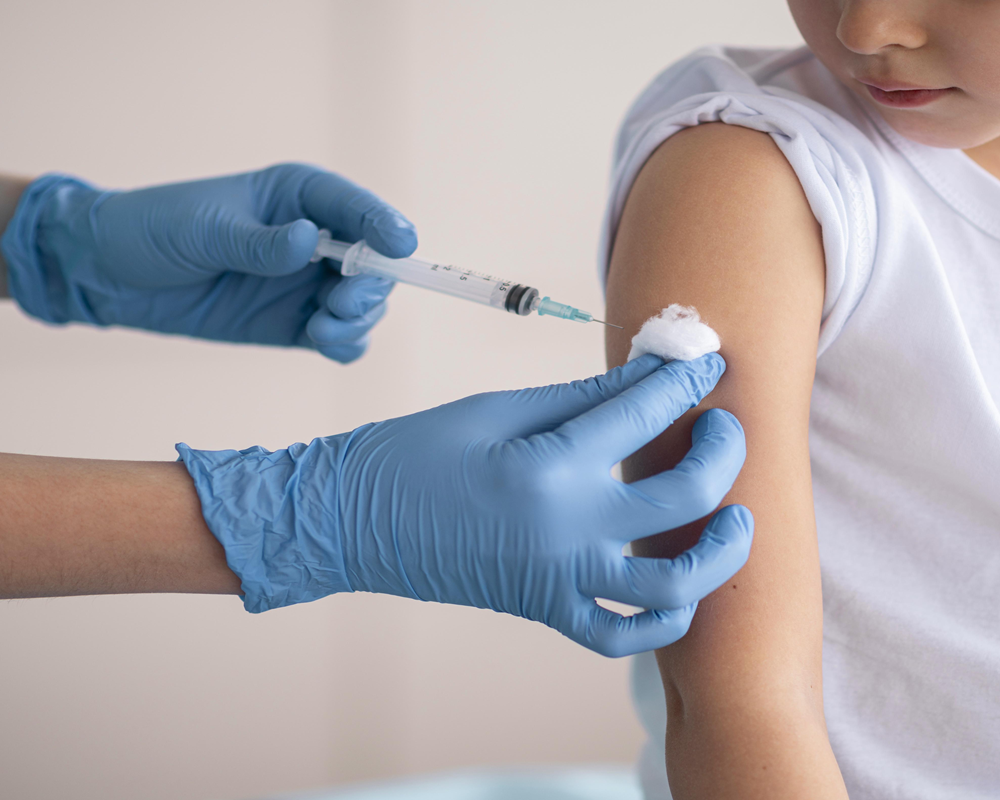
Guidelines for COVID-19 Vaccination of Children Aged 15 – 18 Years
January 5, 2022Guidelines for the COVID-19 vaccination o...
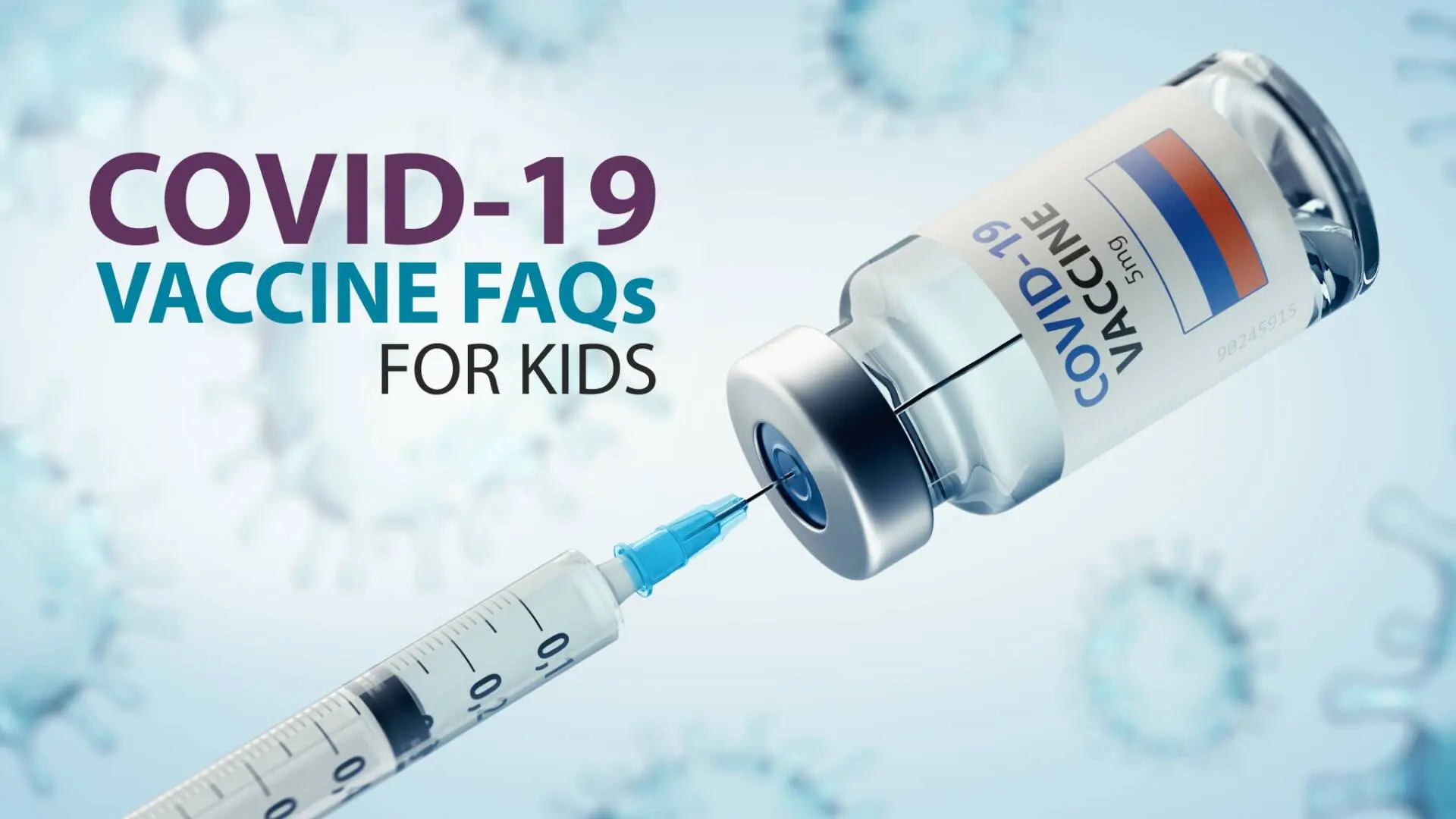
COVID – 19 Vaccination FAQ’S
December 21, 2020The Good News we have been waiting for, is finally here! The...
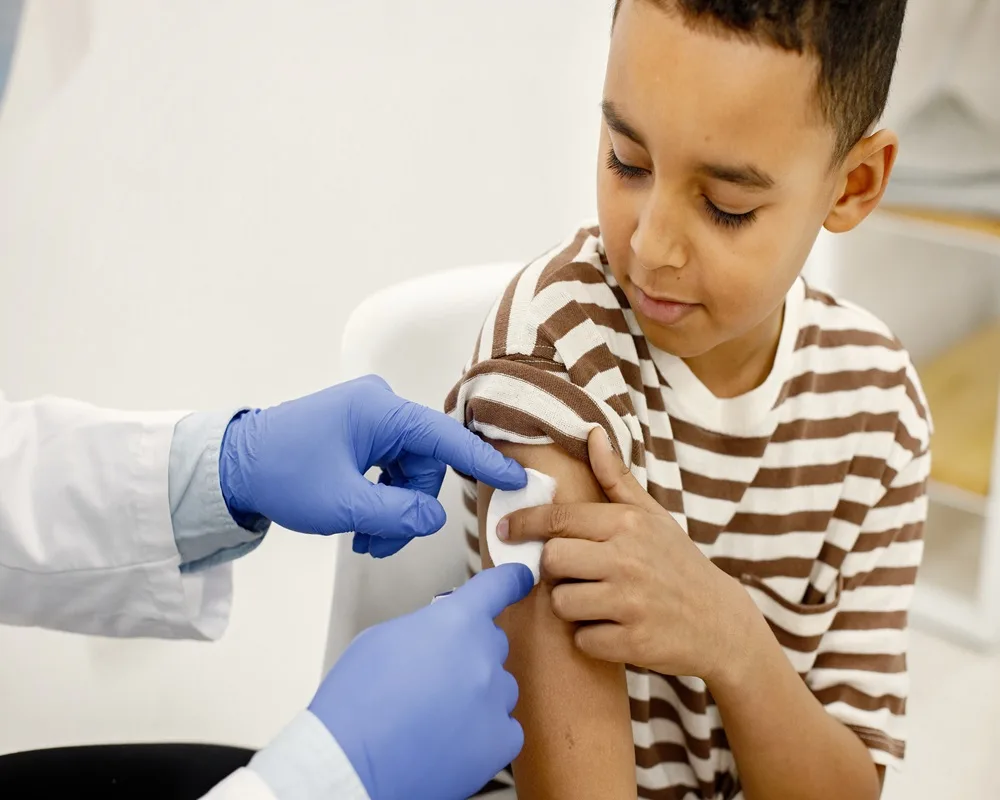
Importance of vaccination
July 12, 2017For every parent, their child’s health is the top priority. Th...
Pregnancy Calculator
